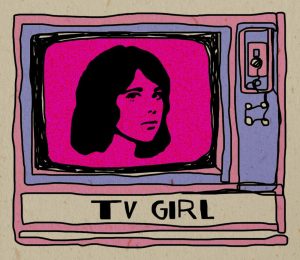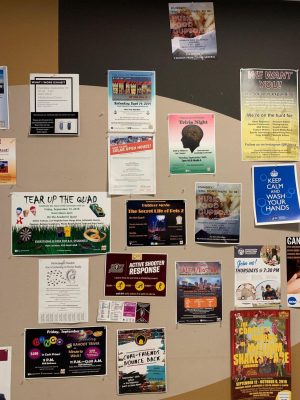The new era of talk shows
April 17, 2020
“Are you stoned Jimmy are you stoned and working.”
This observation can be found in the comment section of Jimmy Kimmel’s new YouTube series “Quarantine Minilogues.” Kimmel began the series during the hiatus of his show, “Jimmy Kimmel Live,” which then returned to ABC on March 30.
Another concerned viewer asked on his Facebook page: “Jimmy what’s wrong with your eyes. I love you please don’t drink too much and please don’t do drugs either. You have it all – your career, money, you are famous, you have your family. You have to spend your time cooking, and baking. You won’t get depressed when you get busy. I hope to see you the way u r. I will pray for you. You can do this.”
Turns out, Kimmel is not stoned or depressed (although who could blame him). He is without the glamour of hair, makeup, and lighting. This is the new reality for many talk show hosts.
The days of formal, sometimes awkward interviews have indefinitely come to an end. No more music, no more stage lights and no more live audiences. Our new reality involves pixelated interviews, celebrities wearing sweatpants and interruptions by children or animals.
At first glance, this is an obvious disadvantage to the concept of talk shows. They are meant to have a live audience and a certain level of stage production. However, this down-to-earth method of entertaining also has its benefits.
Now interviews feel like an intimate window into a celebrity’s life, not a scheduled formality. Sketches rely solely on the wits of the host since there is no audience to amplify the comedy. Performances by musicians are often acoustic and performed from their garages or bathrooms.
I believe the success of these at-home episodes speaks to the future of television.
The world could benefit from this kind of media, regardless of the pandemic. It’s relatable and creates a more intimate connection with the viewer.
When the stay at home orders come to an end and life starts a new chapter, what will this mean for late night talk shows such as “Jimmy Kimmel Live” or “The Late Show with Stephen Colbert”?
In reality, probably nothing. It’s all about money in the end, and nothing compares to the glory of mass-produced late-night television. Although, maybe there will be an increased social media presence. Or perhaps we will see more positivity in the news.
However, like most things in the world right now, there is no answer. We just have to wait to find out.



























